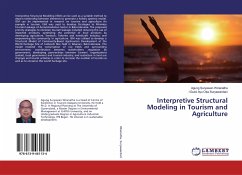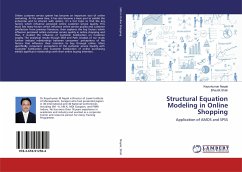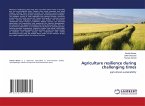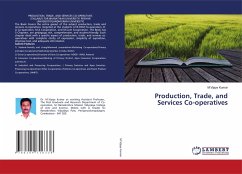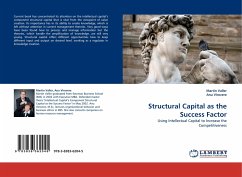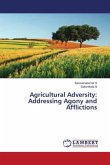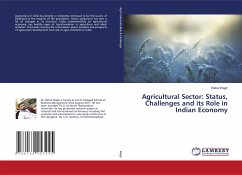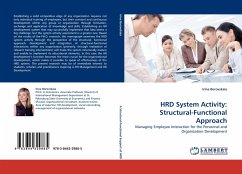Interpretive Structural Modeling (ISM) can be used as a suitable method to depict relationship between elements to generate a holistic systemic model. ISM can be implemented in research on tourism and agriculture. An example in tourism, ISM was used to develop Strategies to Minimize Tourism Leakage of Accommodation Sector in Bali-Indonesia. The proposed priority strategies to minimize tourism leakage included reducing the use of imported products; optimizing the potential of local products by developing agriculture, livestock, fisheries and handicraft industry; and empowering the community. In agriculture, ISM was utilised to develop a Structural Model of Community-Based Agritourism Development at the World Heritage Site of Jatiluwih Rice Field in Tabanan, Bali-Indonesia. The model involved the conservation of rice fields and surrounding environment; coordination between stakeholders; regulation by government; developing partnerships between farmers' organizations (subak), local government and tourism industry; and restriction in land use changes and tourist activities in order to increase the number of tourists as well as to conserve this world heritage site.
